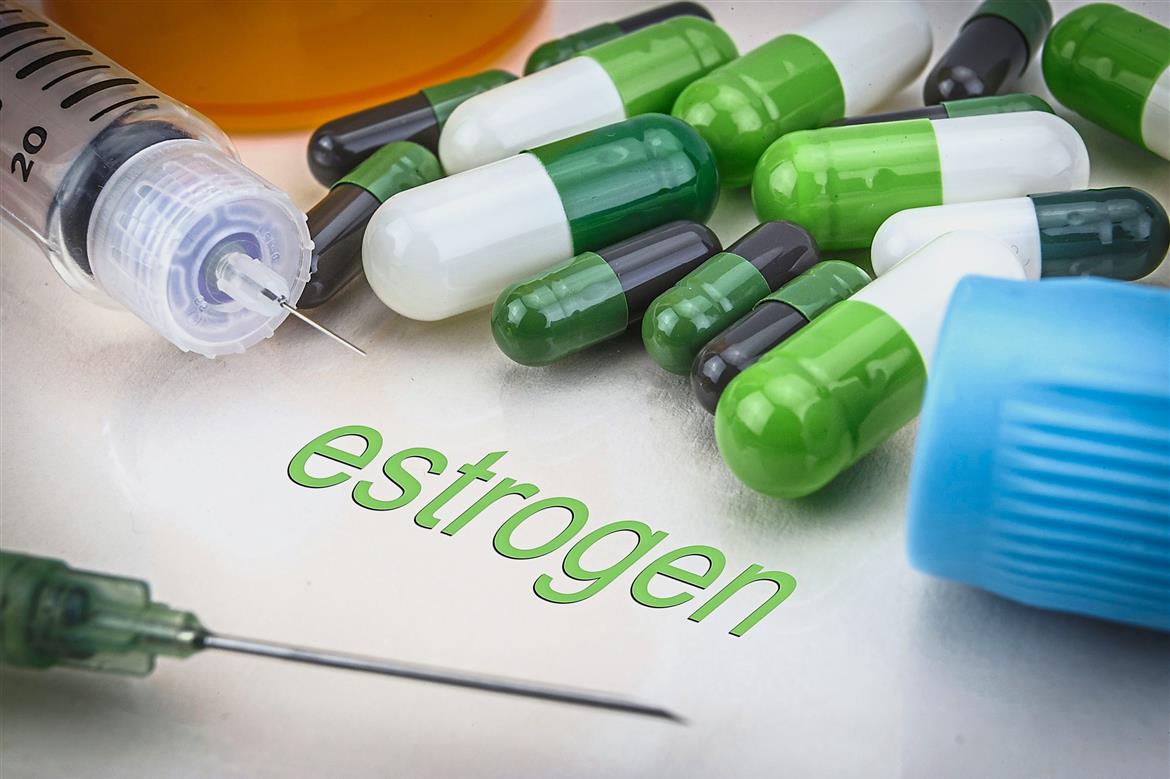Hormones Used In Menopause Treatments Can Cause Breast Cancer Even Decades After Usage Have Stopped
Source: Thailand Medical News Dec 16, 2019 5 years, 4 months, 1 week, 2 days, 9 hours, 5 minutes ago
Females who use certain types of
hormones after
menopause still have an increased risk of developing
breast cancer nearly two decades after they stop taking the pills, long-term results from a big federal study suggest.

Although the risk is very small, doctors say a new generation of women entering
menopause now may not be aware of landmark findings from 2002 that tied higher
breast cancer rates to
hormone pills combining estrogen and progestin.
Dr. Rowan Chlebowski of Harbor-UCLA Medical Center in Torrance, California and study leader, told
Thailand Medical News via a phone interview, "The message is probably not clear that even short-term use may have lasting effects.”
He presented the new study results last Friday at the San Antonio
Breast Cancer Symposium.
The study findings are from the Women's Health Initiative, a federally funded study that tested pills that doctors long thought would help prevent heart disease, bone loss and other problems in women after menopause. More than 16,000 women ages 50 to 70 were given combination
hormone or dummy pills for five to six years.
The critical part of the study was stopped in 2002 when researchers surprisingly saw more heart problems and
breast cancers among
hormone users. Women were advised to stop treatment but doctors have continued to study them and have information on about two-thirds.
With more than 19 years of follow up, 572
breast cancers have occurred in women on
hormones versus 431 among those on dummy pills. That worked out to a 29% greater risk of developing the disease for
hormone takers.
It was a difference of just 141 cases over many years, so women with severe hot flashes and other
menopause symptoms may decide that the benefits of the pills outweigh their risks, doctors say. The advice remains to use the lowest possible dose for the shortest time. This according to Dr Rowan is dangerous thinking.
Dr. C. Kent Osborne, a Baylor College of Medicine
breast cancer expert commented, "The
hormones are stimulating the cells to grow and it can take many years for a tumor to form and be detected.”
Females are prescribed
hormones in combination because taking estrogen alone raises the risk of uterine
cancer. However, one-quarter of women over 50 no longer have a uterus and can take estrogen alone for
menopause symptoms. Hence the same study tested estrogen alone versus dummy pills in more than 10,000 such women, and the conclusion was opposite what was seen with combination
hormones. Women on estrogen alone for seven years had a 23% lower risk of developing
;breast cancer up to 19 years later. There were 231 cases among them versus 289 in the placebo group.
These study results contradict what some observational studies have found, though, and doctors do not recommend any hormone use to try to prevent disease because of the murky picture of risks and benefits.
However, the federal study only tested hormone pills; getting hormones through a patch or a vaginal ring may not carry the same risks or benefits.
The study results are another reason that hormone users should follow guidelines to get regular mammograms to check for cancer, said Dr. Jennifer Litton, a breast specialist at MD Anderson Cancer Center in Houston. "Continuing to screen appropriately remains important," she said.
